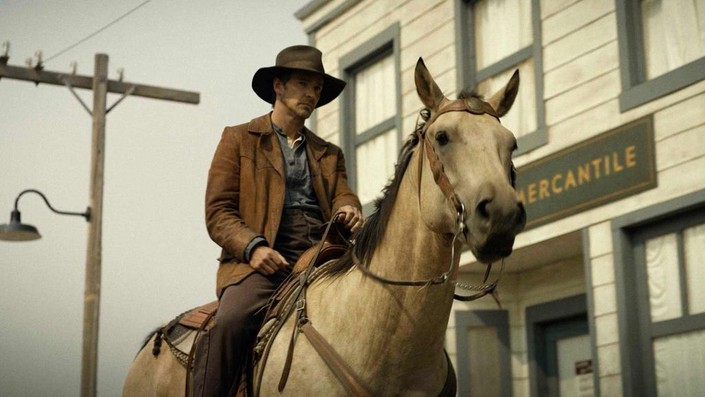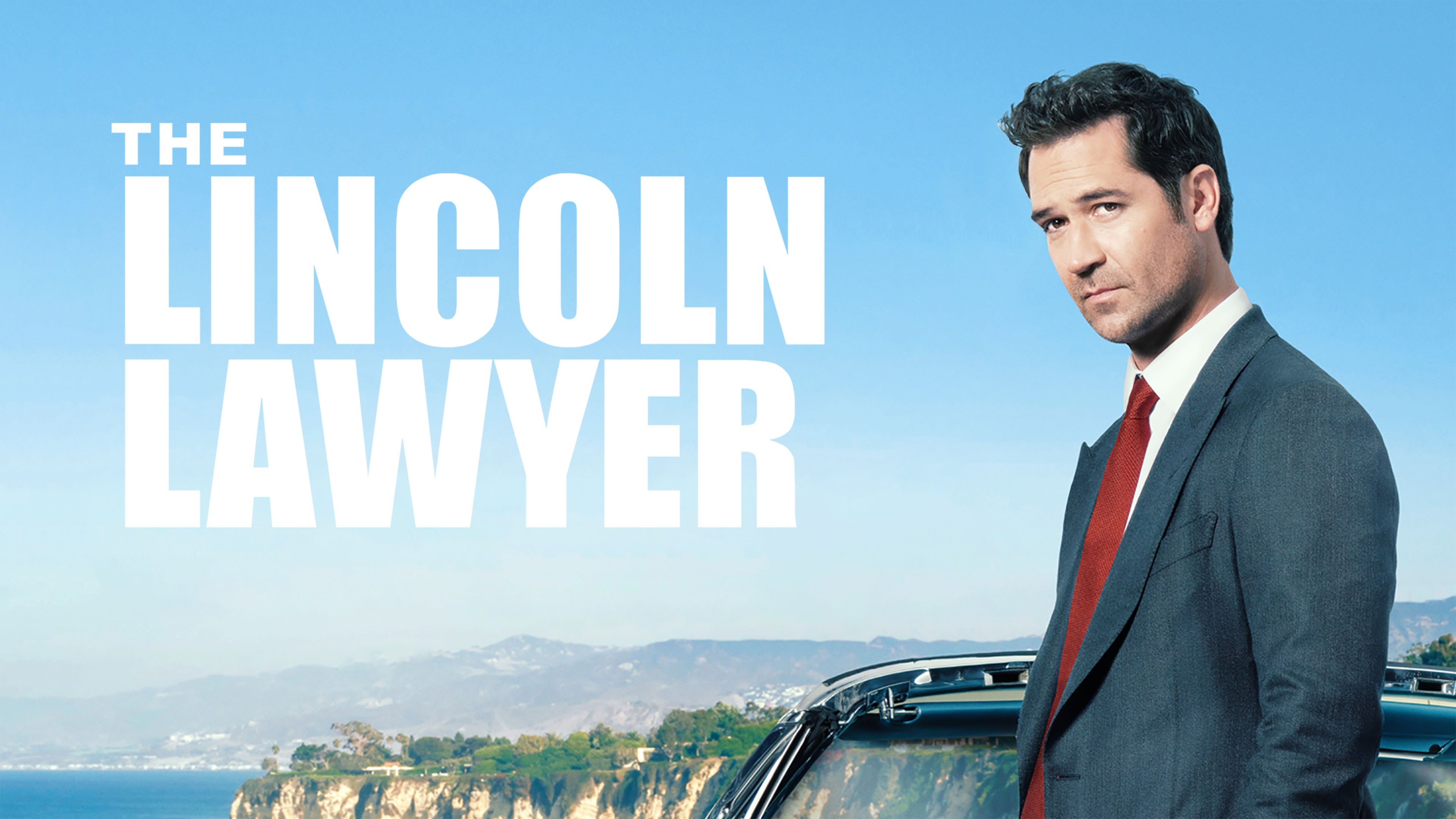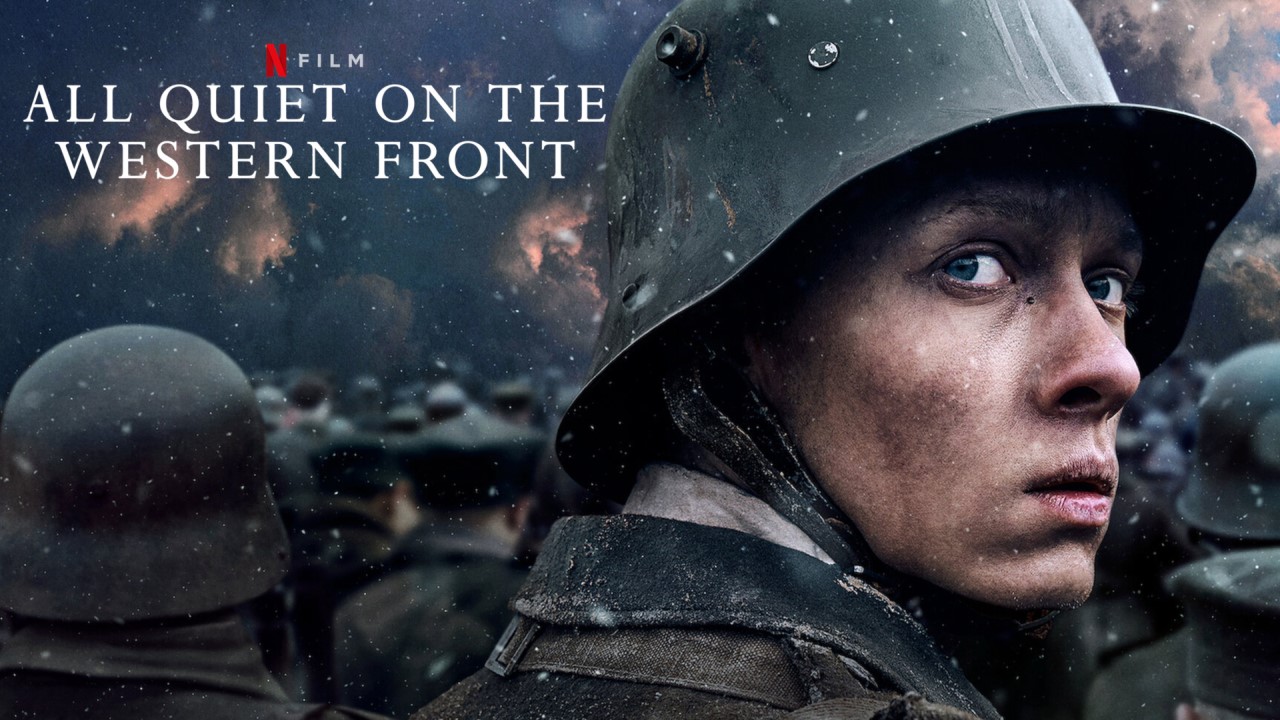End of the Rope: A True-Crime Western Rooted in Justice and Community
Released in 2023 and directed by Charlie Griak, End of the Rope is a western crime drama inspired by true events that shook North Dakota in the 1930s. Starring Joseph Gray, Chris Bylsma, Nick Saxton, and Nick Hardcastle, the film explores the harrowing story of a town torn apart by murder, fear, and the pursuit of justice. Unlike a traditional shoot-’em-up western, this film dives into the psychology of rural communities when confronted with violence, blending history with drama to deliver a powerful narrative.
Set in McKenzie County, North Dakota, the story unfolds around the disappearance of a local farm family. Sheriff Sylvian Falck (Joseph Gray) and State’s Attorney Sam Taylor (Chris Bylsma) find themselves investigating the chilling case, which soon points to a man named Charles Bannon (Nick Saxton), a hired farmhand. As suspicions rise, the community becomes restless, and tension grows between those seeking due process and those demanding swift retribution.

What makes End of the Rope compelling is its foundation in real history. The film is based on the infamous 1931 case of Charles Bannon, who confessed to murdering the Haven family on their farm. His crime shocked the entire state, leading to one of the last recorded lynchings in North Dakota history. The film does not sensationalize the violence but instead focuses on the aftermath—the moral, legal, and emotional struggles faced by the people of McKenzie County.
Thematically, the movie explores the clash between law and mob justice. Sheriff Falck and Attorney Taylor embody the forces of order, struggling to preserve the integrity of the legal system even as the townsfolk grow impatient and enraged. At the same time, the film humanizes the anger of the community, showing how fear and grief can boil over into dangerous collective action. This tension forms the heart of the narrative, making End of the Rope not just a crime drama but also a meditation on justice and morality.
Visually, the film captures the stark landscapes of North Dakota’s farmlands and small-town life. The barren fields, icy winds, and isolation mirror the bleakness of the events that unfold. This atmosphere grounds the film, emphasizing that the story is not just about individuals but about an entire community grappling with its conscience. The cinematography leans into naturalism, creating a historical authenticity that transports viewers into the era.
The performances lend credibility and emotional weight to the film. Joseph Gray delivers a commanding presence as Sheriff Falck, embodying a lawman torn between duty and compassion. Chris Bylsma’s portrayal of Taylor adds intellectual depth, giving voice to the moral and legal principles at stake. Nick Saxton’s chilling performance as Bannon captures the unnerving psychology of a murderer whose crimes ripple far beyond his immediate victims.

While End of the Rope may not follow the traditional formula of a western action film, it succeeds as a thoughtful and gripping historical drama. By shining a light on a dark chapter of American frontier history, the movie raises questions about justice, human nature, and the fragile line between law and chaos.
In the end, End of the Rope is not just a story of crime and punishment but a haunting reminder of how communities wrestle with fear, morality, and the pursuit of justice. It delivers a tale as relevant today as it was nearly a century ago.


